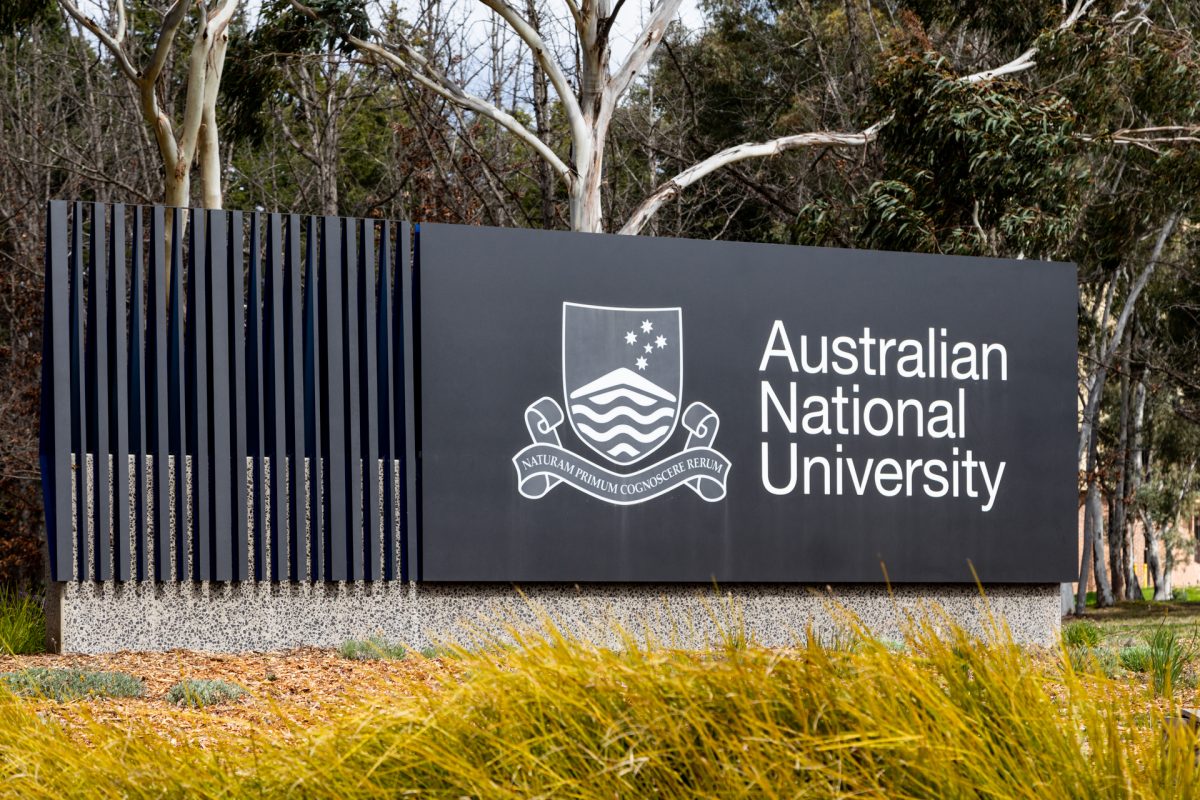
Dr Scott Morrison lost his position at the ANU due to an intimate incident with a student. Photo: Michelle Kroll.
The Fair Work Commission has upheld the Australian National University’s (ANU) appeal over the dismissal of a mathematics professor after he went skinny-dipping with a student before kissing her.
Lecturer Dr Scott Morrison was dismissed by the university effective 27 February 2020 after engaging in “consensual intimate contact of a sexual nature” with a student, which he also failed to disclose to the university.
His position was ordered to be reinstated earlier this year when the Fair Work Commission’s deputy president Lyndal Dean determined there was no valid reason for Dr Morrison’s dismissal, calling it “harsh and unfair”.
The ANU immediately appealed this decision, which has now been quashed.
The intimate incident occurred at the ANU’s Kioloa coastal campus in November 2017 when the student was 22 years old and Dr Morrison was in his mid-30s.
The pair had walked from the campus facility to a nearby beach to see bioluminescence in the water at about 9 pm. When they arrived at the beach, Dr Morrison stripped naked while the student stripped to her underwear.
They both entered the water and began kissing before they left the surf and lay down on a grassy area behind the beach where they continued kissing and touching each other. The episode lasted about 30 minutes.
In giving down her decision in February 2022, Deputy President Dean said Dr Morrison’s dismissal was unfair as, at the time of the retreat, Dr Morrison “did not have a teaching, supervision or administrative role with respect to the Relevant Student, except in so far as he was one of the organisers of the retreat”.
She also stated she didn’t think Dr Morrison needed to report the incident because “on any reasonable view, it could not be characterised as a close personal relationship because the whole of the interaction lasted no more than 30 minutes”.
“While it is clear that Dr Morrison’s handling of the situation with the Relevant Student after the interaction was clumsy to say the least … there is no evidence that Dr Morrison exploited his position in any way,” Ms Dean’s findings said.
However, the ANU disagreed, its legal team arguing Dr Morrison remained the student’s lecturer at the time of the Kioloa retreat, which took place before the official conclusion of the semester and before she knew her final grades.
They said the university felt Deputy President Dean had placed “excessive” and “decisive weight” on the consensual nature of the incident and argued she instead should have given more concern to the “University’s obligation to discharge its duty of care towards students by ensuring that the relationship between academics and students is a professional one”.
The ANU’s legal team pointed out that intimate interactions between staff and students were “expressly prohibited” by its Conflict Policy, which required “disclosure of, rather than imposing a prohibition against, close personal or ‘intimate relationships’ between teachers and students”.
The Fair Work Commission’s appeal judges found Dr Morrison’s behaviour at the retreat was “incompatible” with his duty as an ANU professor.
“Dr Morrison’s duty at the retreat was to engage in the education of students and to organise the retreat,” they said in their findings.
“It was plainly incompatible with this duty to take a young female student down to the beach alone almost immediately after the end of a lecture, to strip naked in front of her and then to engage in sexual intimacy with her.”
They also found Dr Morrison used his position as a senior academic and organiser of the retreat to “place himself in a compromising position” with the student.
“[He] did not treat the student in her capacity as such at a University educational event, but rather interacted with her as if he was engaged in a purely private social activity,” they said.
“The effect and consequence of Dr Morrison’s conduct was to establish a non-professional, personal relationship with the student – a situation he was required to avoid and, once it occurred, to disclose to the university.
“We consider it should be obvious that a senior academic should not, in the course of conducting an education activity, engage in sexual intimacy with a student participating in that activity, even if the intimacy was consensual and initiated or invited by the student.”
In granting the ANU’s appeal, the judges directed both parties to attend a “conciliation meeting” in a bid to settle the matter.
“We observe that this case is a finely balanced one: on the one hand, there was in our view plainly a valid reason for Dr Morrison’s dismissal but, on the other, the dismissal may arguably have been harsh because it appears to have involved not only the loss of Dr Morrison’s employment but his entire academic career,” they said.



















